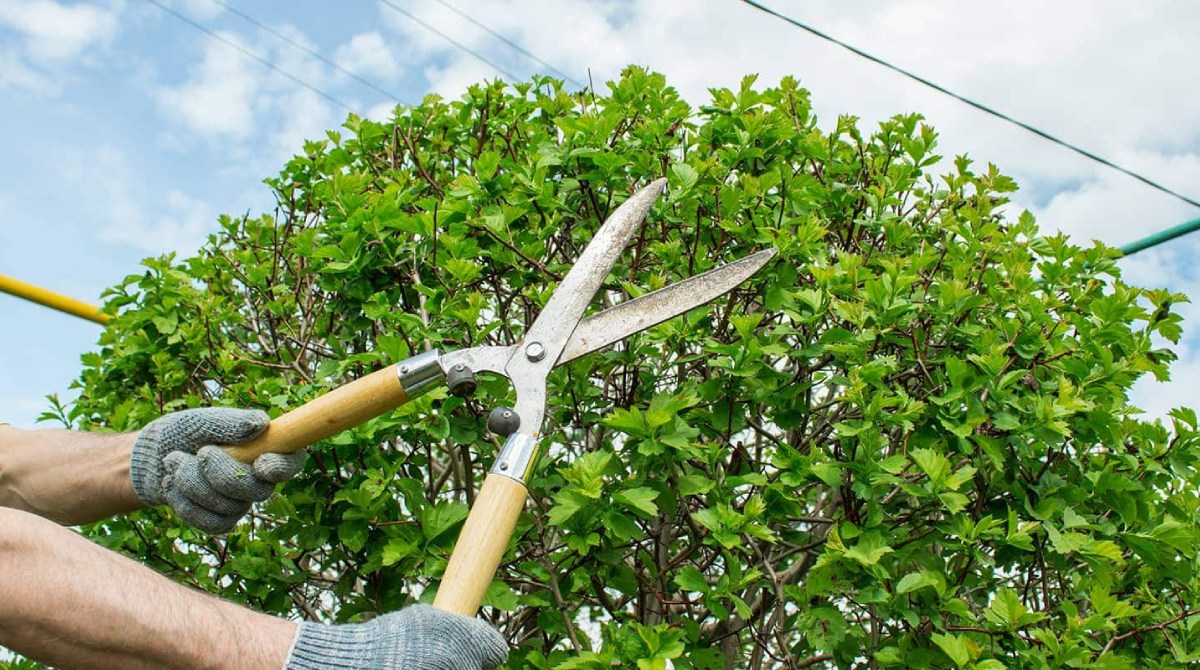Horticultural therapy is described as a person’s involvement in gardening and plant activities, guided by a trained therapist, to meet specific treatment goals. Horticultural therapists are particularly educated and qualified members of rehabilitative groups (such as psychiatrists, occupational therapists, psychologists, and others) who help engage patients throughout all phases of gardening, from seedling to product sales, as ways to enhance their life.
Indeed, spending time taking care of your outdoor space is one of the best therapies for improving your well-being. Whether you have a garden, a terrace or a small balcony, or engaged in gardening therapies, you are undoubtedly passionate about taking care of it, maintaining it, and decorating it. Today we list several reasons (of weight) that will help you better understand the benefits of gardening therapy:
1) It’s a Natural Anti-Stress
A 2011 study by CNN Health found that just 1/2 hour of gardening significantly reduces cortisol levels (the stress hormone). Other studies have shown that activities related to taking care of our space promote relaxation, improve mood, and optimize serotonin production.
2) Increases Self-esteem
And, as numerous studies have shown, there is a lot of psychology behind plants. For example, the University of Texas conducted a study with 298 older people. In it, it was found that those who practiced gardening were more satisfied with their lives. Because taking care of a garden or a pot of flowers and watching them grow, it is inevitable to feel satisfaction, improving self-esteem.
3) Enables You to Be Self-Sufficient
If you are passionate about gardening or want to start gardening therapy, there are numerous options for urban gardens suitable for all types of spaces. This way, not only will you have local food that is always fresh, but you will also experience tremendous satisfaction in eating your fruits and vegetables.
4) Improves Your Health
Caring for your space certainly requires exercise and activity. It has been shown that 45 minutes of gardening burns the same calories as 30 minutes of aerobic exercise. For this reason, the creation of Horticultural Therapies, based on the care of plants as therapy for both physical and mental health, has been promoted.

5) Encourages Meditation
The maintenance of gardens and outdoor spaces, in general, is associated with a model of active meditation. The practice of gardening causes that since we’re willing to put aside all of our daily problems and concentrate on the plants.
6) Builds a Positive Habit
Gardening is a positive habit – as is daily working out or walking your dog. When we frame our lives based on healthier routines, we also can feel positive emotions such as relaxation, joy, contentment, and a sense of accomplishment.
It may be hard to build a new, healthy habit. However, to obtain results, a garden must be carefully maintained on a regular schedule. With gardening therapy, you will be motivated to go outside every day since you know that the plants should be taken care of, and simultaneously, this will help you benefit from the stress-reducing effects.
7) An Antidepressant Support
Among the people who practice garden therapy, there are also those with slightly more severe problems. Gardening is particularly useful in curing depression and post-traumatic stress and in many cases of recovery from drug addiction. Of course, orchards and gardens do not solve these kinds of problems on their own but are considered by many experts to be good support.
8) Prevention is Better
It is known that the best therapy, in some cases, is prevention. This also applies to garden therapy. The contact with nature is very powerful compared to us humans, simply because we were born in symbiosis with nature. Therefore, the connection with greenery, earth, plants, and flowers, in addition to being a good antidote, can also be considered a kind of “vaccine”.
What are your thoughts on horticultural therapy? Share it with us in the comments below!



